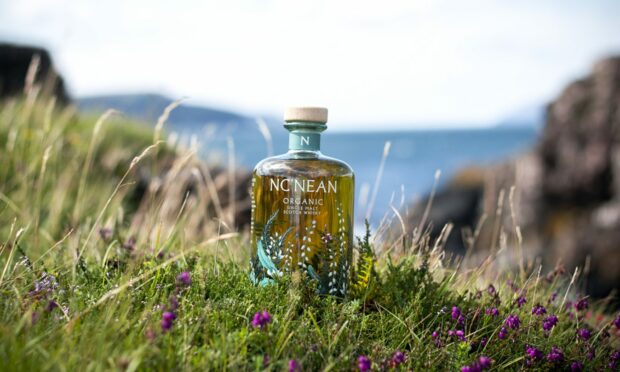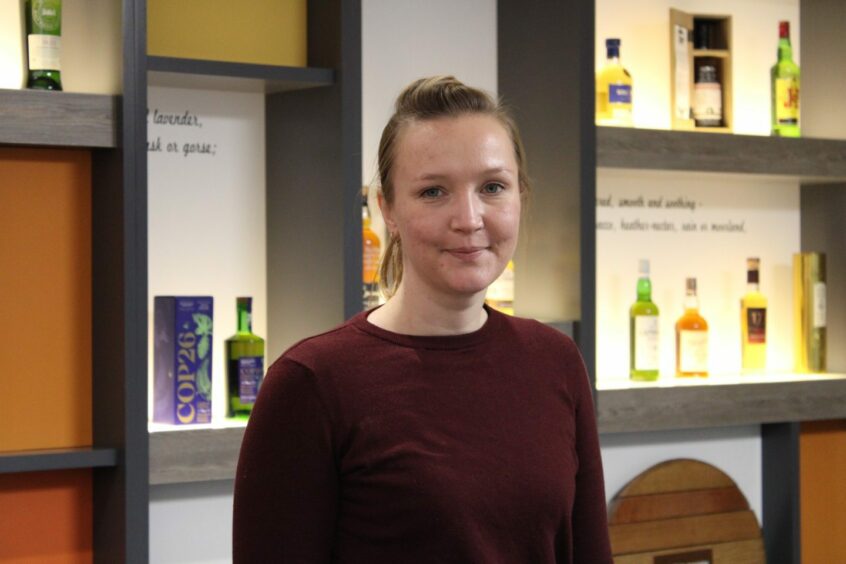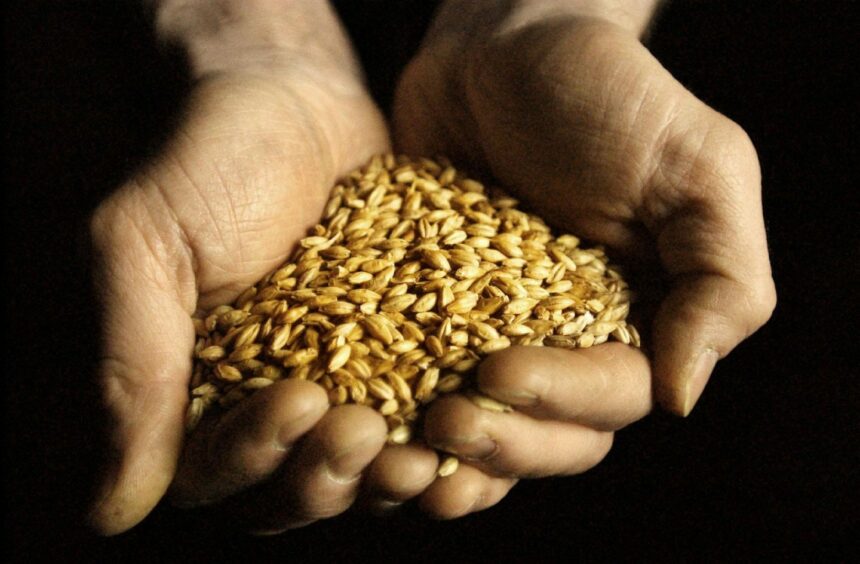Consumers are increasingly demanding products with strong sustainability credentials, according to the Scotch Whisky Association (SWA).
Ruth Piggin, the trade body’s industry director, said whisky producers had always taken sustainability seriously.
It was the first industry north of the border to launch a sector-wide environmental strategy in 2009, she added.
She continued: “Under that strategy, the industry has increased energy from non-fossil-fuel sources from 2% to 39% and reduced greenhouse-gas emissions by 53%.
“But the world has moved on, and our industry must go further and faster.
Net-zero whisky by 2040
“Last year we set out an ambitious new sustainability strategy that builds on what we have learnt over the last decade, including achieving net-zero emissions in our own operations by 2040.”
This is important for two reasons, she said, adding: “First, consumers are increasingly demanding products which have strong sustainability credentials.
“We have to demonstrate to Scotch lovers around the world that we are safeguarding the planet when we craft our world-class spirit.
“The other reason is clear – Scotch whisky is a product of the natural environment, made from just three natural ingredients, so it is our responsibility to ensure we are making it as sustainably as possible, so it can continue to be enjoyed responsibly by generations to come.”
Ms Piggin said that to fight climate change, protect the natural world and preserve resources for the future, all industries need to rapidly reduce emissions, play their part in creating a more sustainable future and ensure they are resilient to the changes coming.
“In Scotland, the government wants to achieve net-zero emissions by 2045. All businesses will have to analyse their impact on the environment and put in place plans to reduce that impact over time.”
The message from consumers and government is clear, Ms Piggin said, adding those without a plan to meet the climate challenge will no longer be sustainable businesses or sectors.
The world has moved on, and our industry must go further and faster.”
Ruth Piggin, industry director, Scotch Whisky Association.
She said the SWA had a clear vision of what the whisky industry will look like in 2040.
And added: “Thanks to sustained investment, our industry is no longer reliant on fossil fuels, but instead uses renewable sources of energy.
“Many of our distilleries will be completely self-sufficient in energy, and feed excess energy into the national grid or local infrastructure.
Some of the solutions and the technology that we need to succeed don’t even exist yet.”
“The barley and cereals we use will be resilient to a changing climate – supported by new farm-management techniques to help local ecosystems thrive – and distilleries will use water even more efficiently than today.
“Scotch whisky will be transported and exported using sustainable methods, in glass bottles which are fired with renewable energy and lighter than ever before.
“This vision will not be easy to achieve. Some of the solutions and the technology that we need to succeed don’t even exist yet, or are unproven in industry.
“But that cannot hold us back from ensuing Scotch whisky, which has been part of Scotland for more than 500 years, has a sustainable future for centuries to come.”
Solar farms, biogas and oysters are all part of whisky-makers’ sustainability ambitions



Conversation